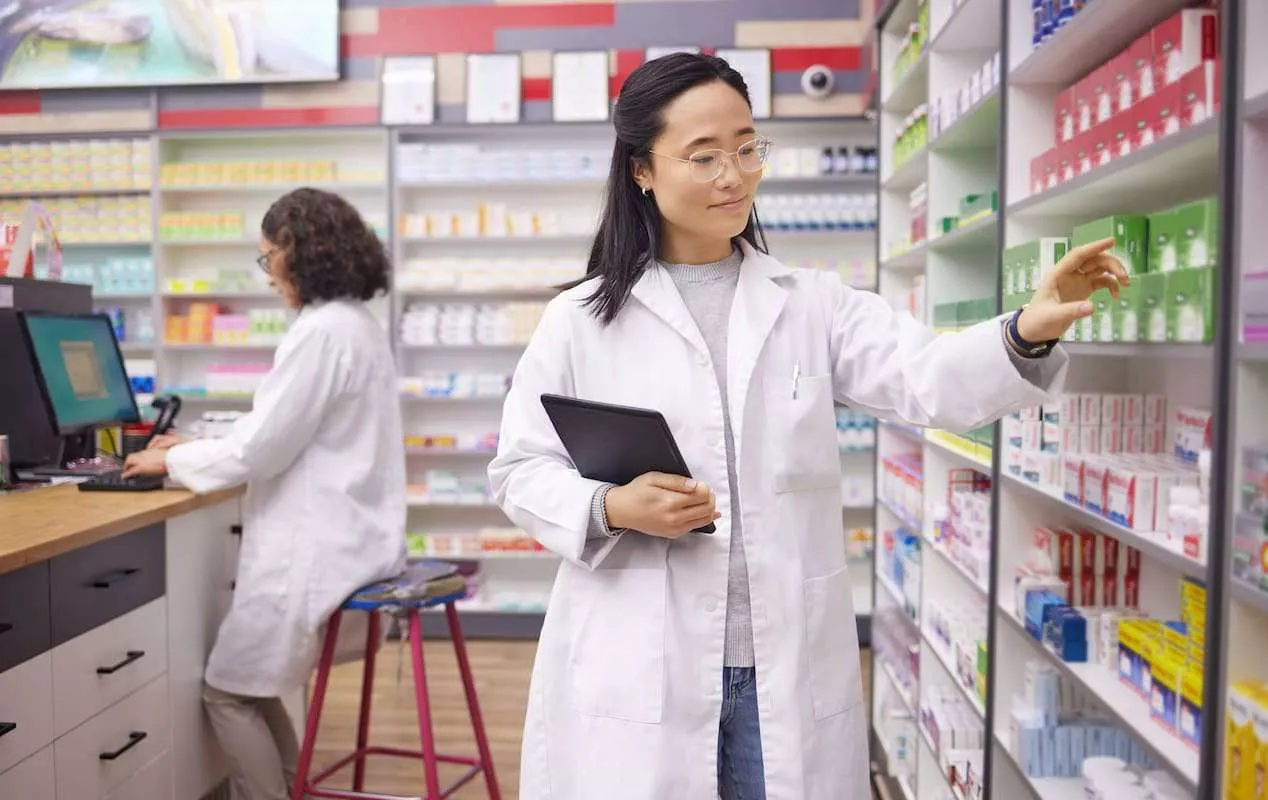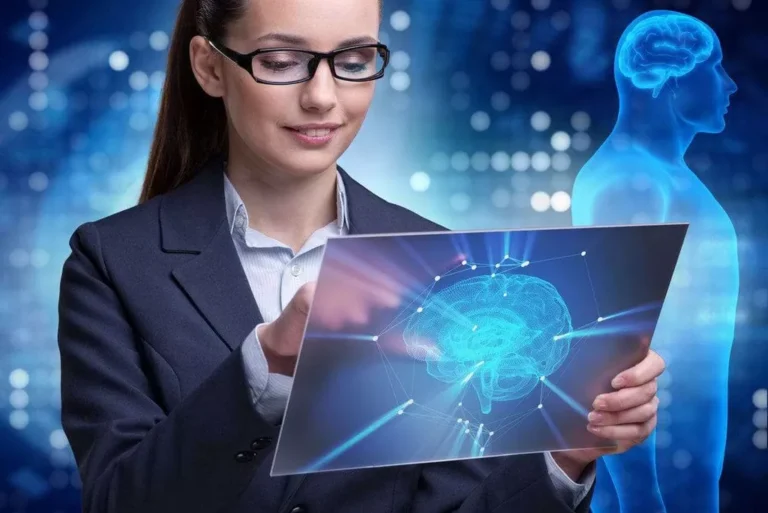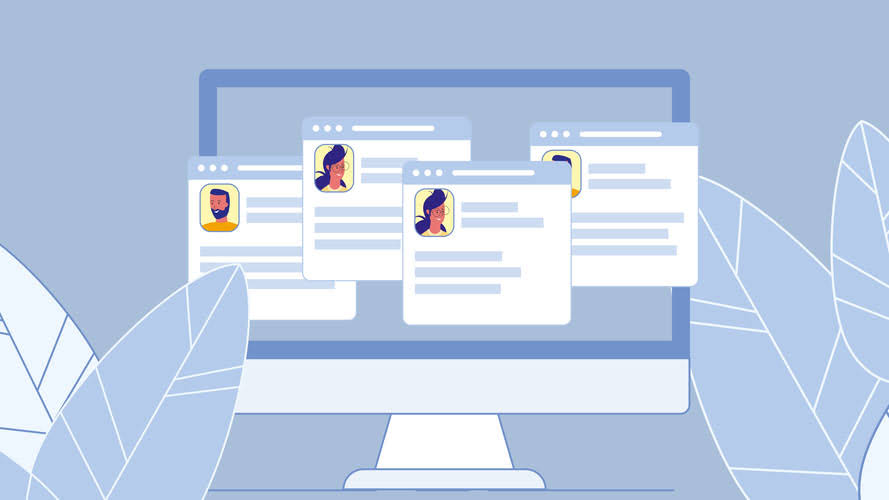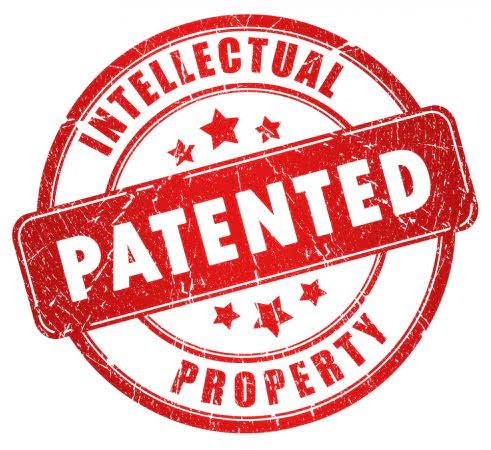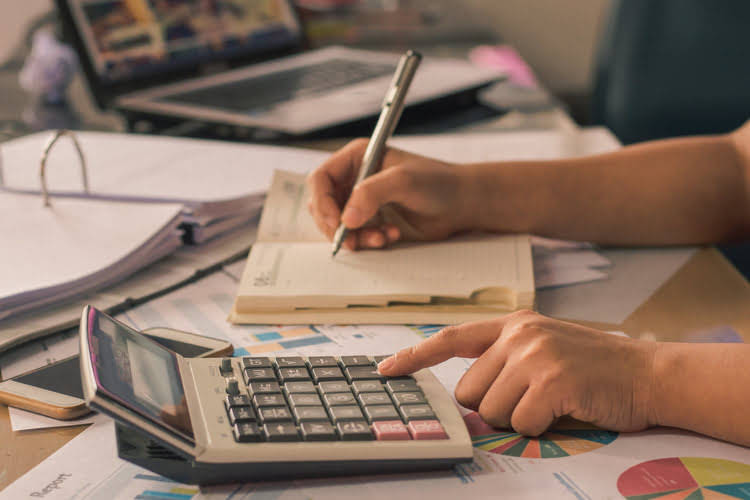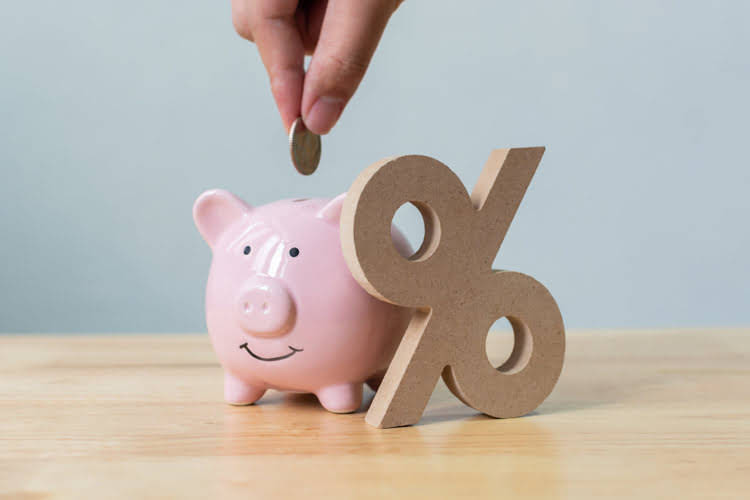
The job of ADH is to stop you urinating, so you hang on to your precious water. While drinking plenty of water is crucial to compensate for the fluid loss caused by alcohol, water alone will not hydrate you. Rehydrating after consuming alcohol helps alleviate dehydration and can reduce the likelihood of a hangover.
Compromised skin health
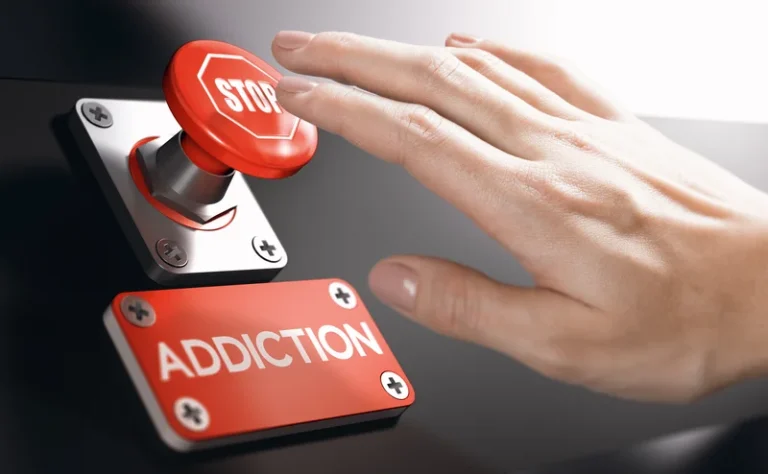
The hydration and dehydration level depends on the ABV of the beer. The lower the alcoholic content, the lesser the chances of dehydration. This article is not meant to stop you from enjoying your favorite beverage in the world. There’s no need to eliminate your daily coffee over concerns of it causing dehydration. Instead, enjoy your coffee while sticking to the recommended daily limits. Add decaffeinated beverages to your day, especially water, to ensure you meet your hydration requirements without exceeding total caffeine recommendations.
Beer with lower alcohol content is less dehydrating
- It is important for a person to be aware of the signs and symptoms of alcohol-induced dehydration and the ways to avoid it.
- You can experience water and nutrient depletion, leading to unwanted symptoms such as dehydration.
- On the other hand, stronger beers with higher ABVs are more likely to leave you dehydrated.
- However, it is important to note that stronger beers are likely to be more dehydrating, and drinks containing essential electrolytes are still better for hydration.
- When you’re dehydrated, or when your blood volume is low, your brain releases vasopressin.
Even though coffee does not cause dehydration, as was once believed, it’s still important to hydrate with other beverages, especially water. Consider drinking water or other decaffeinated beverages in between your cups of coffee. If you crave additional flavor in your water, try adding herbs or fresh fruit. Or if a hot beverage is what you crave, switch to a decaffeinated hot tea or hot water with a squeeze of lemon. This can happen when you stop drinking water or lose large amounts of fluid through diarrhea, vomiting, sweating, or exercise.
How to prevent alcohol-related dehydration
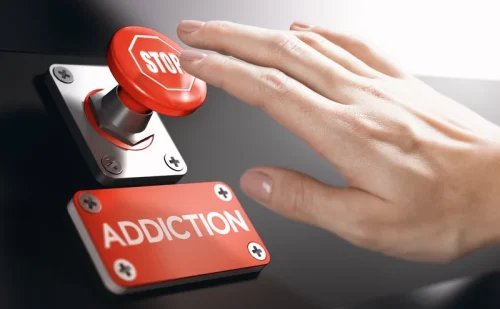
Between your Thursday night wine and your Saturday night cocktail, you have a fairly good sense of what kind of hangover you’re in for on Friday and Sunday mornings. But beyond the type of alcohol you’re imbibing, you might not realize how much dehydration enters into the hangover equation. The higher the ABV, does beer make you dehydrated the more your kidneys have to work to filter the alcohol out of your body.
- Just be mindful of how much you’re drinking, as consuming too much can still lead to dehydration.
- Even moderate consumption of alcohol can interfere with the normal function of your digestive system.
- Keeping in mind its water percentage, most brewers think that it’s a good hydrating drink.
- This equates to drinking five or more drinks within 2 hours for males and four or more drinks within 2 hours for females.
- But the alcohol content of beer is not the only contributing factor to making beer a dehydrating drink.
Caffeine and Its Diuretic Effect
However, some studies have found that beer might actually hydrate us adequately. One study found that urine output after drinking a typical beer was no Sobriety different from that after drinking a non-alcoholic beer or water. Another study found that an electrolyte-filled sports drink was better at hydrating than a strong beer, but a weak beer did not increase urine output more than water. The diuretic increases the urine output rate of the body; hence, people need to urinate very often when they drink beer. People who drink raw alcohol for the taste of it stand a higher chance of getting dehydrated much faster.

However, when alcohol is consumed in large amounts or over a prolonged period, this metabolic process can become overwhelmed, leading to an accumulation of acetaldehyde. High levels of acetaldehyde can result in nausea, rapid heartbeat, sweating, skin flushing, and headache – the well-known signs of a hangover. Moreover, chronic heavy drinking can strain the liver, impairing its ability to metabolize alcohol and other substances, potentially leading to liver damage or disease. As I said in the previous video, a lot of people try to compensate for the amount of dehydration that beer or alcohol inflicts on the body by drinking more water.
- Meanwhile, consuming 269 mg of caffeine, or about 3 cups of coffee, didn’t affect fluid balance (3, 4).
- It can also weaken immunity, increasing a person’s risk of infections.
- People who are already at risk of dehydration should avoid or limit their alcohol consumption.
- We humans have been making and drinking alcohol for thousands of years.

